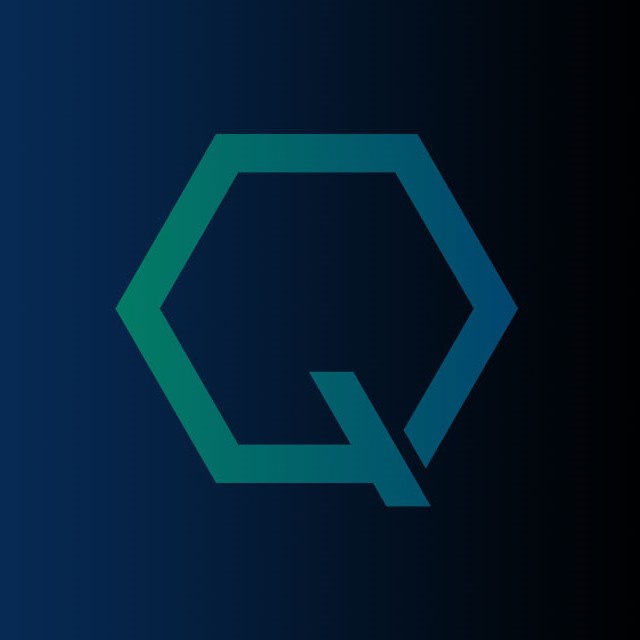The Growing Need for Language Translation in an Interconnected World



Ever-connected Globe Demands Good Translation
In today's ever-connected globe, the need for accurate and efficient language translation has never been greater. From international business to global healthcare to cross-cultural education and research, being able to effectively communicate across language barriers is absolutely essential.
Technology companies and organizations have long recognized this need and have invested heavily in developing translation models and technologies. Tech giants like Google and Microsoft have poured resources into machine translation, training AI systems on massive datasets in an effort to enable seamless translation between dozens of languages.
Limitations of Models
However, despite the immense progress made, even the most advanced machine translation models still struggle with accuracy, especially for less common, or less-resourced languages. The core issue is that these models are often trained on limited data, lacking exposure to the full diversity and nuance of human language. Idiomatic expressions, regional dialects, domain-specific terminology - the subtleties that are second nature to native speakers are easily lost on AI.
This accuracy gap is particularly pronounced for less-resourced languages - those without the enormous digital footprints of tongues like English, Mandarin, or Spanish. Languages like Vietnamese, Swahili, Urdu, Hindi, Amharic and many others are often neglected by major tech platforms, making reliable translation to and from these languages especially challenging.
Steep Cost of Expert Native Translation
For individuals and organizations that rely on accurate translation of these less-common languages, the go-to solution has traditionally been agency-style human translation services. These companies maintain networks of professional translators, native speakers who can navigate linguistic and cultural nuance.
However, this human expertise comes at a steep cost, with some agencies we have seen charging up to USD $0.07 per word. For a business or researcher needing to translate lengthy documents, these costs can quickly become prohibitive.
Our Middle Ground Approach
At Lexiqn, although we can't beat the expert translator, we're taking a slightly different approach, leveraging AI and machine learning to make accurate, efficient translation accessible and affordable at scale.
We have developed an automated translation module within the larger content-research solution we are building that utilizes an ensemble of cutting-edge AI models, allowing us to produce good-quality translations between English and less-resourced languages at a fraction of the cost of agency services.
Leveraging Diverse Models
The key is diversity. Rather than relying on a single model, our translation engine aggregates results from multiple state-of-the-art systems, balancing their strengths and weaknesses to arrive at an optimal translation.
Where one model might struggle with a regional colloquialism, another steps in to analyze the context. The result is a powerful, adaptive platform that can handle the nuances of say, Vietnamese to English translation, Swahili to English translation, or Hindi to English translation and dozens of other challenging language pairs.
Unfortunately, we have to translate to English because our current purpose is to make content researchable by the highly advanced language models from companies such as OpenAI, Anthropic and Google which are trained mainly in English.
Asking For Assistance is a Strength
Of course, we recognize that even with a multilayered AI approach, machine translation is not infallible. That's why the Lexiqn platform includes an intuitive interface for user feedback and correction. If our models produce a translation that seems off, Lexiqn itself flags th oddity or outlier in the context, prompting a focused human review.
This human-in-the-loop system allows us to continuously improve and adapt to the needs of our users. Although part of our larger platform designed for content-research for less-resourced languages , the Lexiqn translation module has the potential to be a standalone tool for a wide range of use cases.
Potential Use Cases
For researchers working with multilingual populations, our platform offers a fast, cost-effective way to translate surveys, interview transcripts, and other research materials. For global businesses, it's an efficient solution for localizing marketing content, product information, and internal communications.
Our Limitations
It's important to note that for certain high-stakes applications, such as the translation of legal contracts or medical records, relying solely on machine translation is not advisable. In these domains, the risks of even minor inaccuracies are simply too high. For these specialized use cases, we believe professional human translation is the only standard.
It May Work For Your Needs
But for the vast majority of translation needs - from casual communication to academic research to business intelligence - the Lexiqn platform offers a combination of accuracy, efficiency, and accessibility.
We invite you to try it for yourself with a free trial - check out translation module by uploading your content in any medium, and see how it can efficiently help you in reducing time and effort you would spend on translation alone.
Stay tuned for more updates as we continue to push more accuracy and efficiency on language translation.